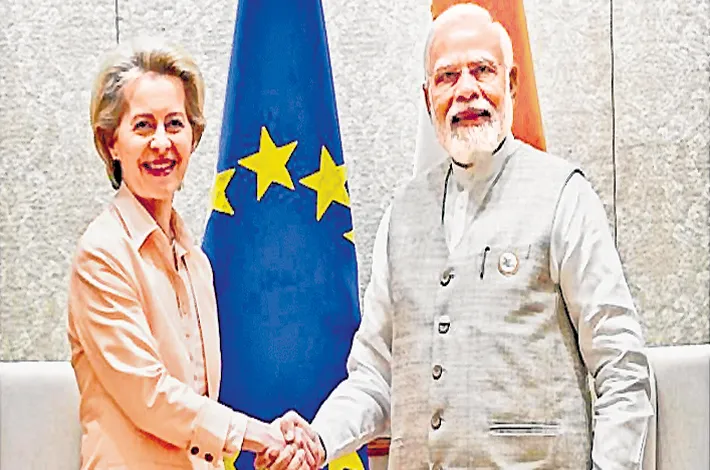Relation Between Parents-in-Law & Daughter-in-Law: Indian Perspective
01-10-2025 12:00:00 AM

One of the biggest challenges that
daughters-in-law face in Indian families is the process of adjustment. They are expected to leave behind their own family's customs and traditions and adapt to those of their husband's family. This can be a difficult and painful process, especially if the two families have vastly different cultural backgrounds
In Indian culture, the relationship between parents-in-law and daughter-in-law is a complex and multifaceted one. It is a bond that is steeped in tradition, social norms, and emotional expectations. The dynamics of this relationship can vary greatly depending on individual personalities, family values, and cultural backgrounds. However, there are certain commonalities and challenges that are inherent to this relationship in the Indian context.
The Traditional Expectations
In traditional Indian society, the daughter-in-law is expected to be a devoted and obedient member of her husband's family. She is often seen as a symbol of good fortune and prosperity, and her arrival is celebrated with great fanfare. However, this warm welcome can quickly turn into a daunting experience as the daughter-in-law is expected to adapt to the new family's customs, traditions, and values.
The parents-in-law, particularly the mother-in-law, are expected to play a significant role in guiding and mentoring the daughter-in-law. They are responsible for teaching her the intricacies of household management, cooking, and other domestic duties. However, this guidance can sometimes be perceived as interference, leading to tension and conflict between the two women.
The Challenges of Adjustment
One of the biggest challenges that daughters-in-law face in Indian families is the process of adjustment. They are expected to leave behind their own family's customs and traditions and adapt to those of their husband's family. This can be a difficult and painful process, especially if the two families have vastly different cultural backgrounds.
Moreover, the daughter-in-law is often expected to prioritize her husband's family's needs over her own. This can lead to feelings of resentment and frustration, particularly if she feels that her own needs and desires are being ignored.
The Changing Dynamics
In recent years, there has been a significant shift in the dynamics of the relationship between parents-in-law and daughter-in-law. With the rise of nuclear families and the increasing independence of women, the traditional expectations and roles are being redefined.
Many daughters-in-law are now more assertive and confident, and they expect to be treated as equals within the family. They are also more likely to pursue their own careers and interests, rather than sacrificing their own ambitions for the sake of their husband's family.
The Importance of Communication
Effective communication is key to building a strong and harmonious relationship between parents-in-law and daughter-in-law. It is essential to create a safe and supportive environment where all parties feel comfortable sharing their thoughts, feelings, and concerns.
By fostering open and honest communication, families can work through their differences and build a stronger, more loving bond. It is also essential to respect each other's boundaries and individuality, rather than trying to impose one's own expectations and values on others.
Conclusion
The relationship between parents-in-law and daughter-in-law is a complex and multifaceted one that is steeped in tradition, social norms, and emotional expectations. While there are challenges and conflicts that can arise, it is possible to build a strong and harmonious bond through effective communication, mutual respect, and a willingness to adapt and evolve.
As Indian society continues to evolve and change, it is essential to redefine the traditional expectations and roles that govern this relationship. By doing so, we can create a more inclusive, supportive, and loving environment that values the individuality and autonomy of all family members.








